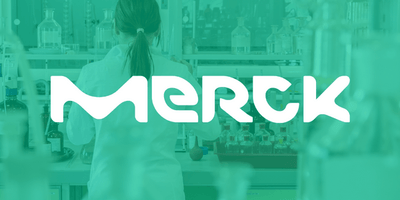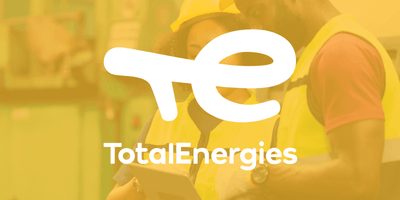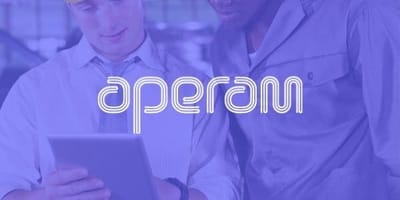Introduction
The shift from centralized to decentralized learning creation models is not just a trend but a strategic imperative in the modern corporate environment. This approach leverages the on-the-floor expertise of Subject Matter Experts (SMEs) to generate content that is both timely and highly relevant to the workforce's immediate needs. By embracing this model, organizations can significantly enhance the efficiency, applicability, and engagement of their training programs.
The Case for Decentralization
Traditional centralized learning models often suffer from being out of touch with the dynamic needs of the workforce and the pace of industry evolution. Decentralization addresses these challenges by empowering those with the most current and practical knowledge to contribute directly to learning content. This approach ensures that training is not only more aligned with real-world applications but also more agile in its development and deployment.
Benefits of a Decentralized Approach
Enhanced Agility and Relevance
Direct content creation by SMEs circumvents the bottleneck of traditional content creation workflows, drastically reducing the time from knowledge acquisition to training deployment. This agility is crucial for keeping pace with rapid technological and procedural advancements.
Increased Engagement and Efficacy
Content that reflects the current working environment and challenges employees face daily resonates more deeply, leading to higher engagement levels and more effective training outcomes.
Cost Efficiency
By utilizing existing knowledge and experiences within the organization, companies can significantly reduce the costs associated with external content creation services and traditional training methods.
Ensuring Quality and Consistency
Maintaining high-quality standards in a decentralized content creation model involves establishing clear guidelines, templates, and review processes. This framework supports SMEs in producing content that is not only informative but also consistent with the company's educational objectives and brand standards.
Empowering SMEs for Effective Content Creation
Providing SMEs with the right tools, technologies, and training in basic instructional design principles is key to unlocking their potential as content creators. Regular feedback and a culture of continuous improvement further ensure the development of impactful and engaging training materials.
Cultivating a Community of Learning Ambassadors
A decentralized model thrives on the active participation of its contributors. Recognizing and rewarding SMEs' contributions, coupled with creating a supportive network for sharing best practices, are critical components of a vibrant learning culture.
Measuring Success
Defining clear metrics for success is essential to validate the impact of a decentralized learning strategy. Efficiency gains, improved learning outcomes, and higher employee engagement levels serve as key indicators of the program's effectiveness.
Conclusion
The transition towards a decentralized approach in corporate learning creation represents a strategic alignment with the pace and nature of modern work environments. By leveraging the expertise of SMEs and adopting a more agile content development model, organizations can achieve significant improvements in training relevance, learner engagement, and overall cost efficiency.
Discover Speach
To explore how Speach can facilitate a smooth transition to a decentralized learning model for your organization, we invite you to schedule a demo. Experience firsthand how our platform can empower your employees to create, share, and engage with training content that drives performance and fosters a culture of continuous learning.





